Copied from a rebuttal to my comment on r/technology
“LN has many, many issues. Copy pasting from another comment (not mine):
The concept has many fatal flaws that are well known and do not seem to be solvable. One of them is the lack of a reliable and efficient algorithm to find a viable payment path between two nodes that are not neighbors and don't have a common neighbor. In a reasonably distributed network with millions of users, it is expected that such a path will have many hops, say six or 20. For a path to be viable, all those channels must have enough capacity to send the amount in question. But since the state of the channels is constantly changing, that search would require a huge number of messages, either during it or in preparation to it.
Another problem is fraudulent channel closures. After doing a series of payments through a channel, you can try to close the channel, and collect its balance, as if those payments have not been made. Since no one knows about those payments except the two end nodes,it is up to the other node to scan the blockchain at least once a day, and promptly issue a "punishment" closure transaction if he sees such a fraudulent one, and hope that it does not get stuck in a backlog. But your punishment will be only the loss of the remaining channel capacity; so it is worth trying once you have made enough payments to almost exhaust the channel's capacity. Users who cannot afford to scan the blockchain (like all mobile users) would have to hire and trust the service of a "watcher", and send him a message after receiving each payment through the channel.
There are many ways in which the network could be gamed or sabotaged. For instance, you can negotiate a payment with a long chain of nodes, but drop out at the last moment. You will not pay anything for that attempt, but all those nodes would have to temporarily reserve the amount for you, until the negotiation times out. Repeat at will. The LN guys had decided to use a onion protocol for those negotiations, for privacy; but then the intermediate nodes will not know who you are and thus cannot blacklist you. (The may have given up on onion negotiations, but then all intermediate nodes will know how much you are paying to who. Unlike bitcoin addresses, LN nodes cannot be freely created, so the identity of users is much easier to establish.)
With a similar trick you can monitor all payments made through a channel anywhere in the network, or manipulate channel balances so as to force other nodes to take overly long routes, possibly through nodes that you control -- and that charge very high fees.
The LN concept assumes that nodes are mostly balanced. That is, over some given period -- a month, a week -- each user pays out through the LN as much as he receives through it. It cannot easily accomodate a frugal landlady who collects $1000 a month from her 50 tenants and spends only $2000 a month herself. Such unbalanced nodes would have to periodically send some of the excess money they receive to a "bank" or some sort; but then the bank may easly be unbalanced too.
Another big problem is that you must lock in advance enough coins into your channels to handle all sequences pf payments that you expect to make or receive through the LN. Thus there will be a lot of idle coins locked up in channels, not earning any interest.
In the original "decenralized" LN concept, each user ould have to open several channels, maybe half a dozen, to ensure that the network is well-connected. But if you have $600 locked into six channels, $100 each, you cannot send a payment greater than $100. If you want to pay $350, you would need at least 4 separate payments -- assuming that the receiver accepts piecemeal payments.
Some of those problems can be avoided if the network is centralized: there is one huge "hub" node, and every user has a single channel to it. But then, apart from the "philosophical" objections, the central hub will know all your payments,and can block them or overcharge for them. On the other hand, the hub would have to fund its outgoing channels with many times the total amount that users have locked into the incoming channels; and cannot use any of those funds for that.
And the LN will have all sorts of legal problems. In the US, if you offer your node to serve as middleman in multi-hop payments, you will probably be classified as a Money Transmission Service; you will need the proper license and you will need to verify the identity of senders and receivers of every payment, and report large or suspicious payments to the gov.
When you mention one of those problems to an LN promoter, he will say "ah, but the LN will not be decentralized, it will be centralized"; or "ah, but the LN will not be centralized, it will be decentralized", according to the case. That is why they have always avoided to describe a specific scenario -- "N users, K channels per user, M merchants, ... etc" -- which people like me could use in a simulation, in which the LN would not immediately collapse.
The LN developers are aware of those problems, and don't have any idea of how to solve them. But that does not matter. Bitcoin promoters recruit their victims by telling them that bitcoin will be "reserve currency of the world", "Visa killer", "replacement for the US dollar" -- but always in a carefully unspecified future. So, the LN will "work" as long as the people at Lightning Labs claim that they are "working" on those problems, and promise that the network will be ready in that same unspecified future. And those devs will get paid their fat salaries long as the venture capital lasts.”

You can get bonuses upto $100 FREE BONUS when you:
💰 Install these recommended apps:
💲 SocialGood - 100% Crypto Back on Everyday Shopping
💲 xPortal - The DeFi For The Next Billion
💲 CryptoTab Browser - Lightweight, fast, and ready to mine!
💰 Register on these recommended exchanges:
🟡 Binance🟡 Bitfinex🟡 Bitmart🟡 Bittrex🟡 Bitget
🟡 CoinEx🟡 Crypto.com🟡 Gate.io🟡 Huobi🟡 Kucoin.

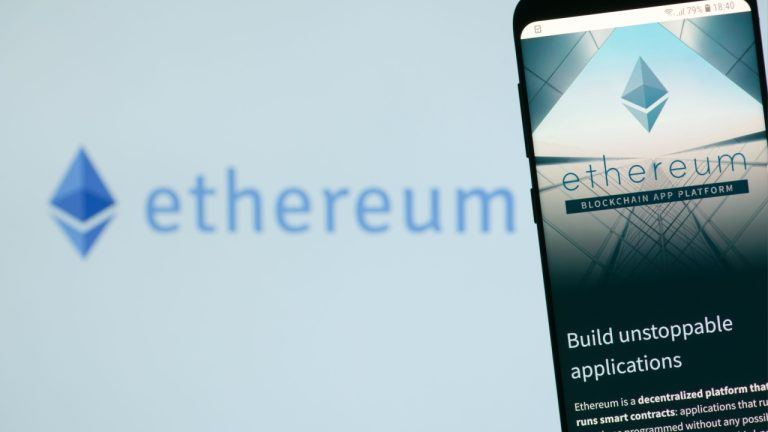





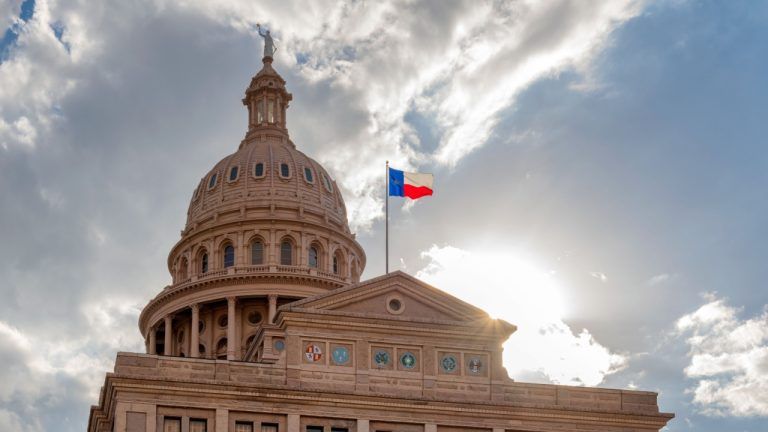


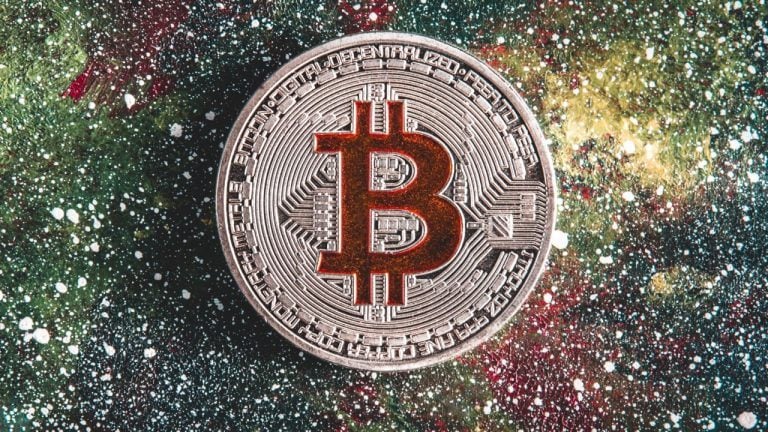
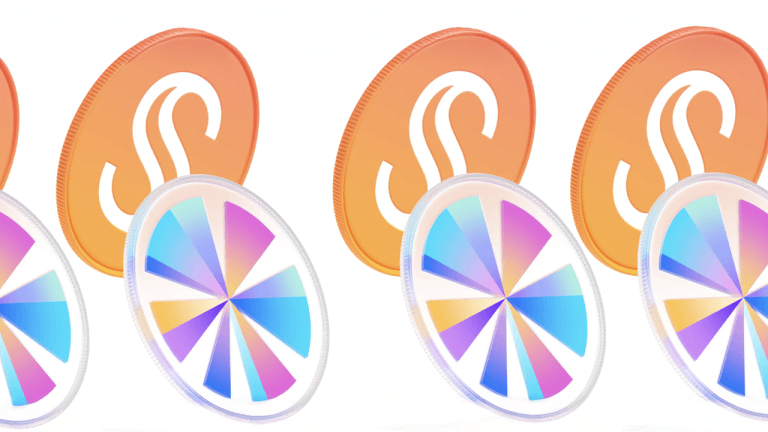




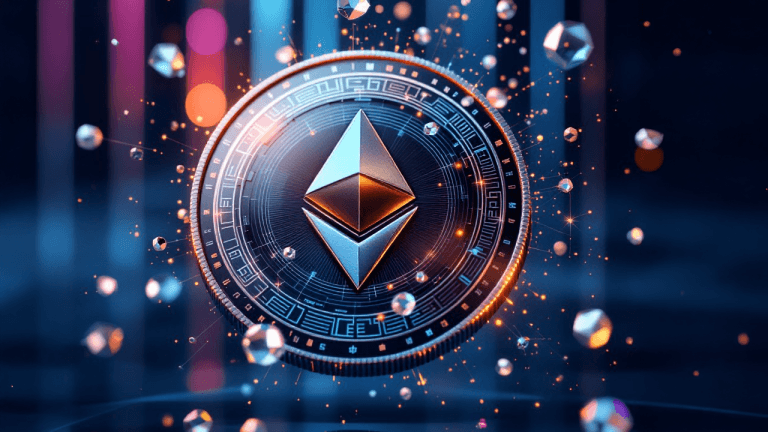


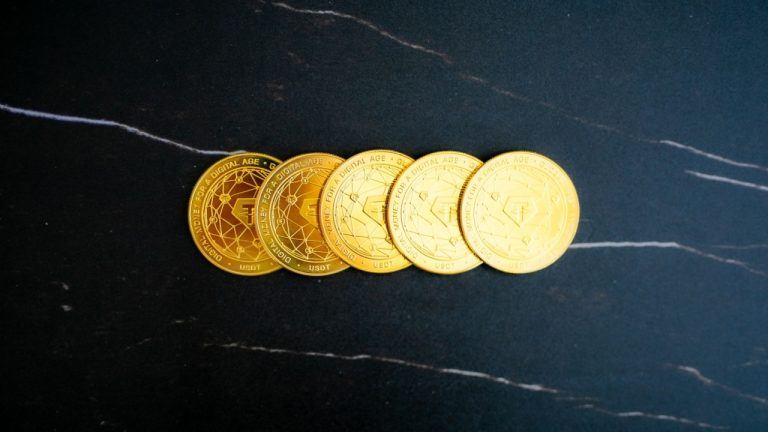
Comments